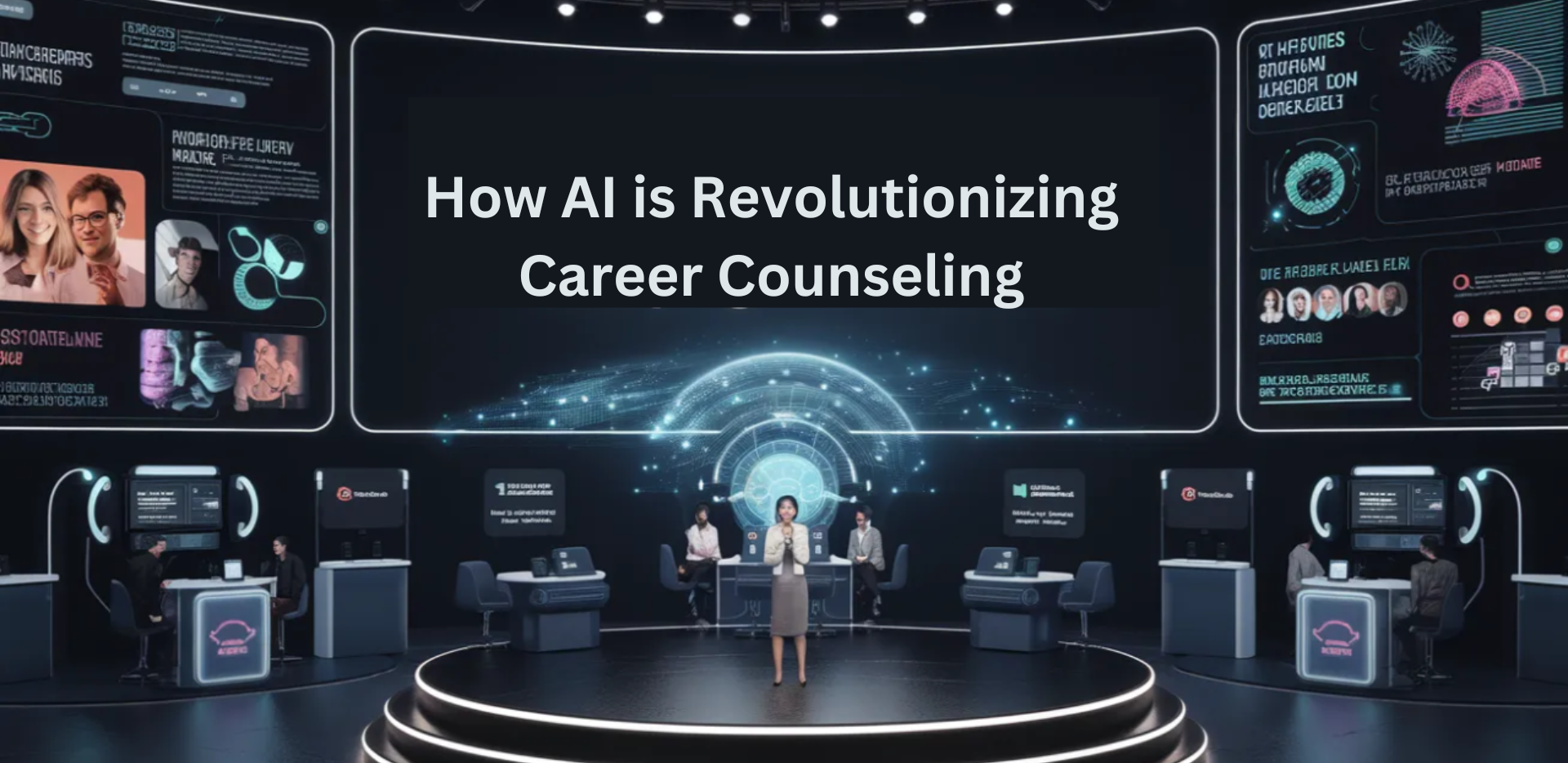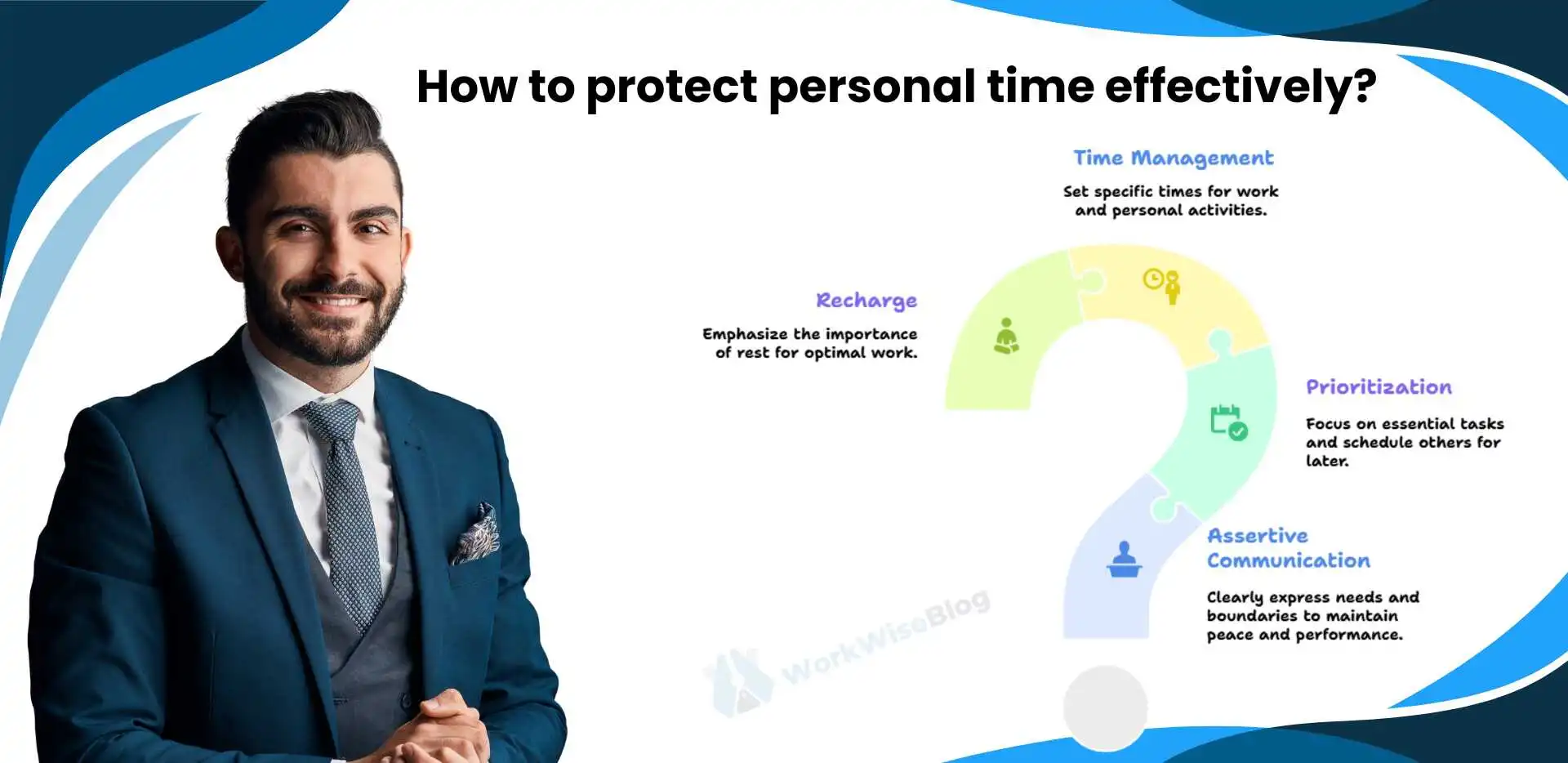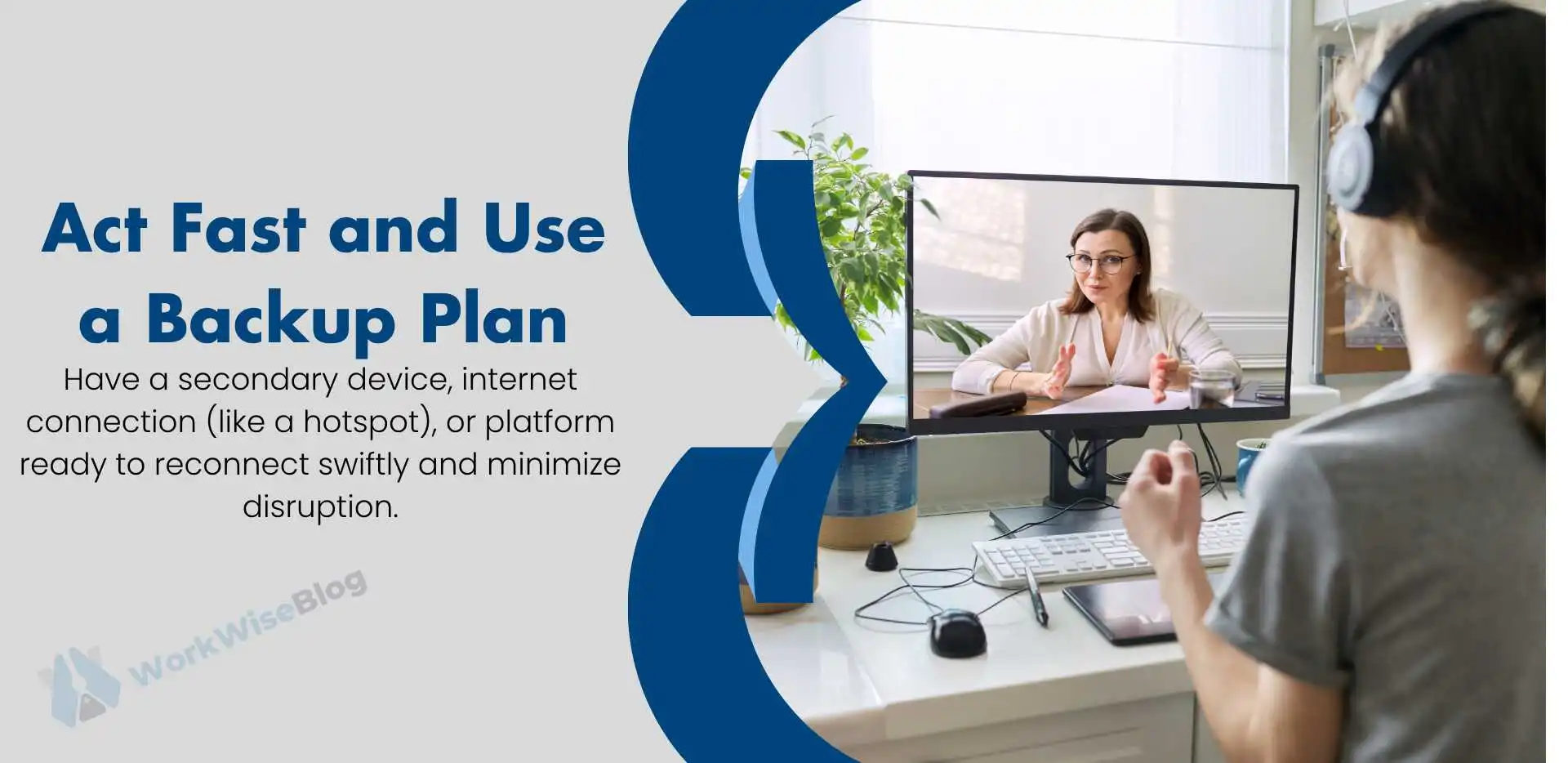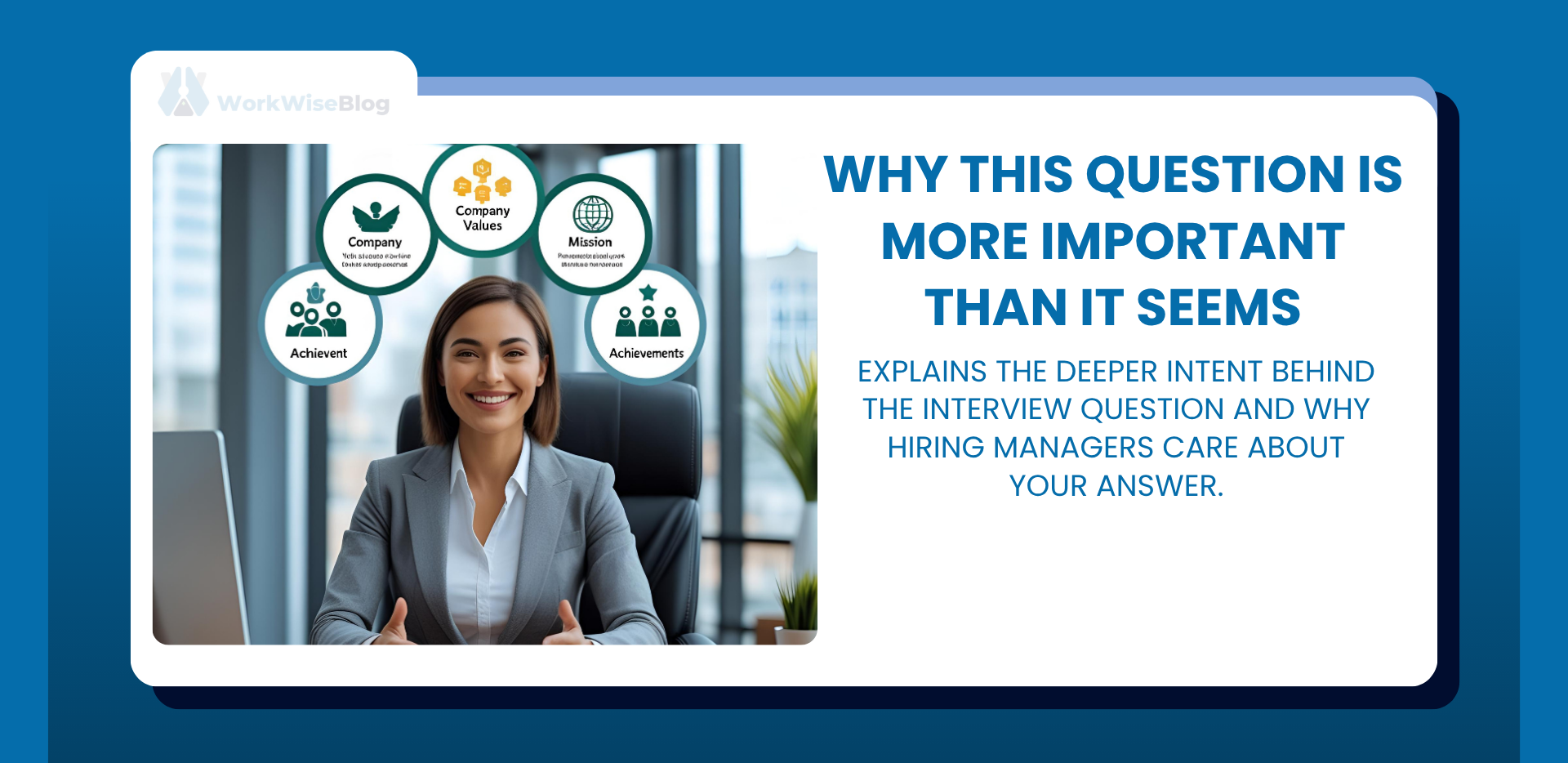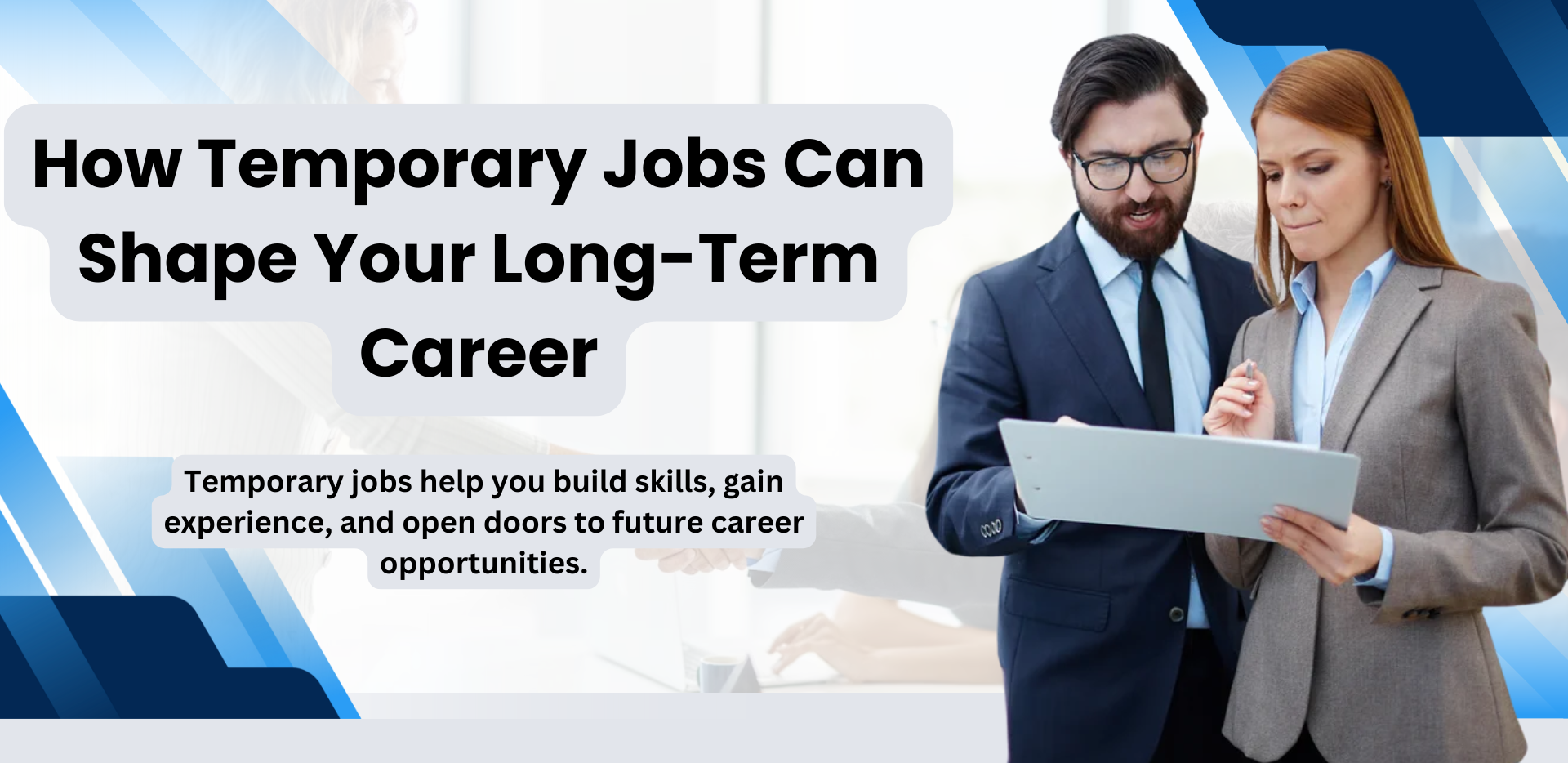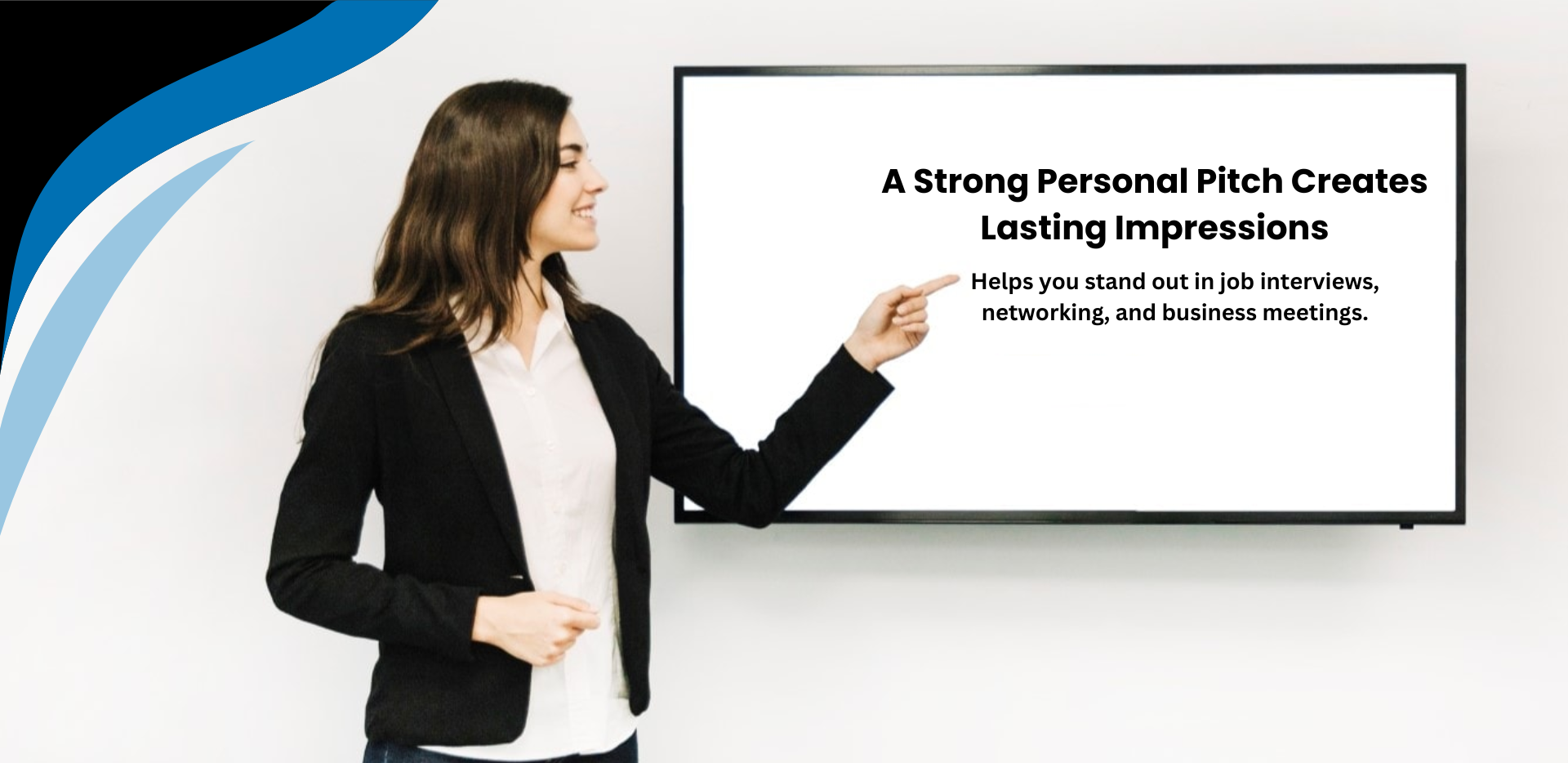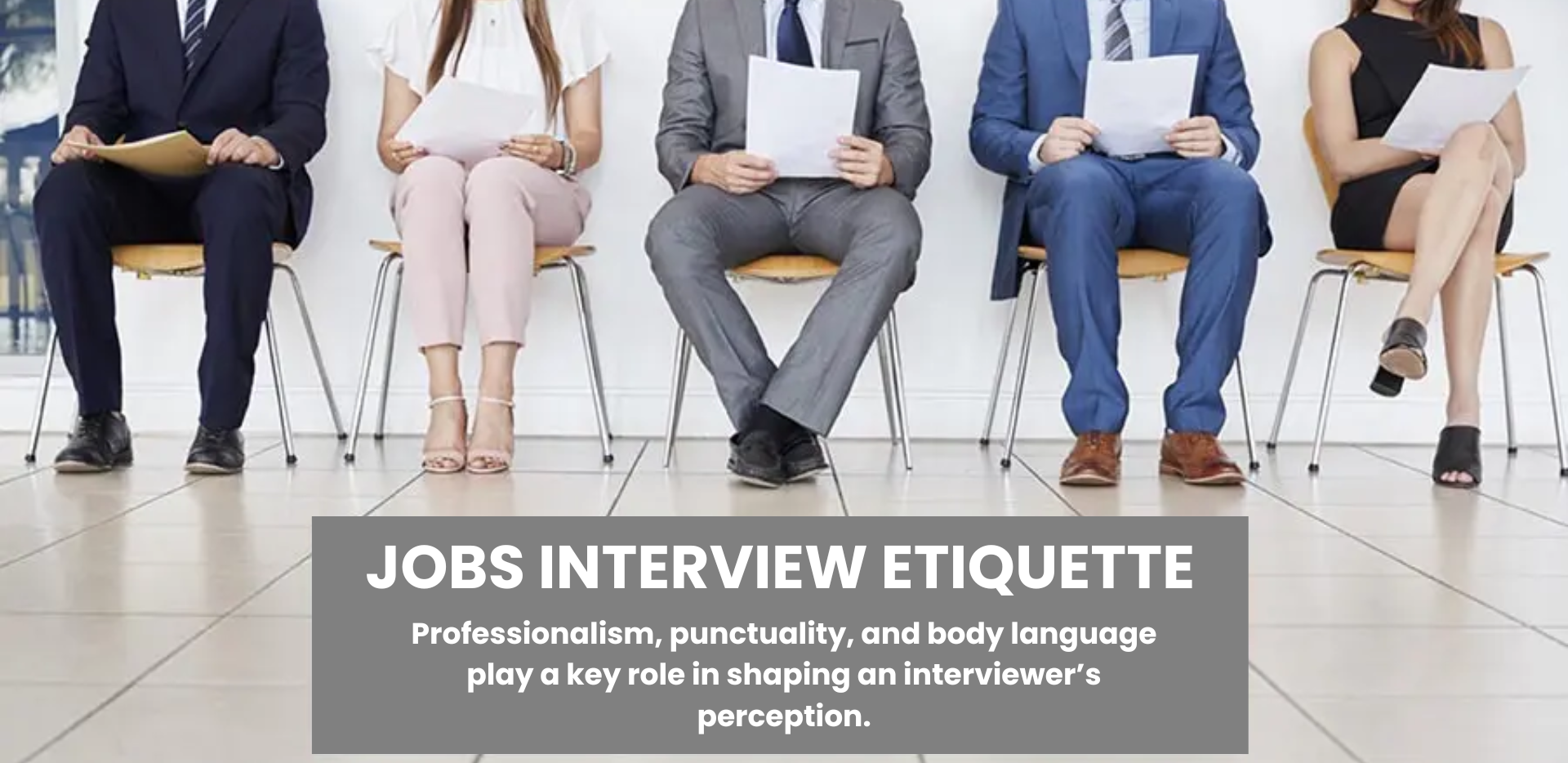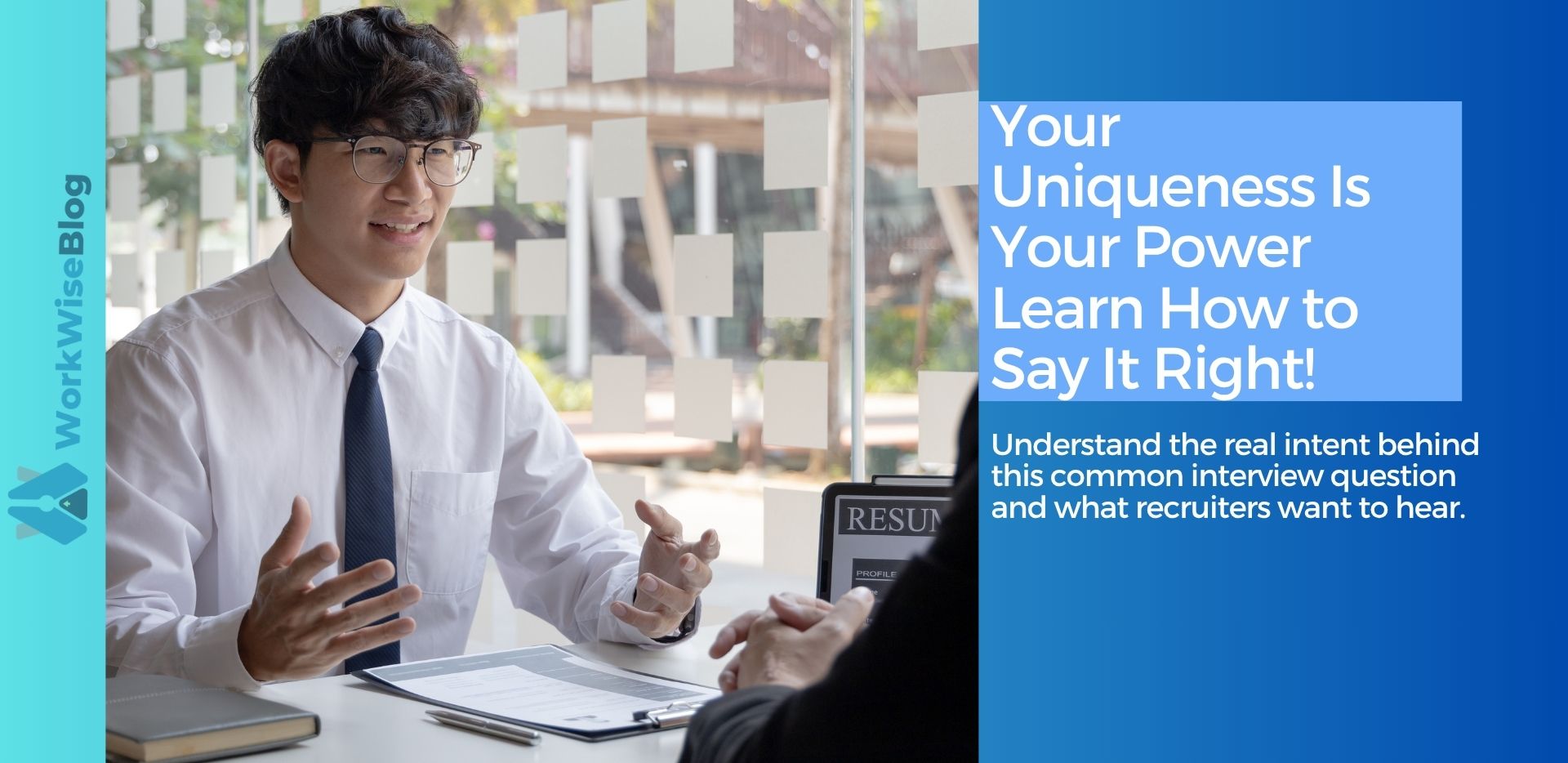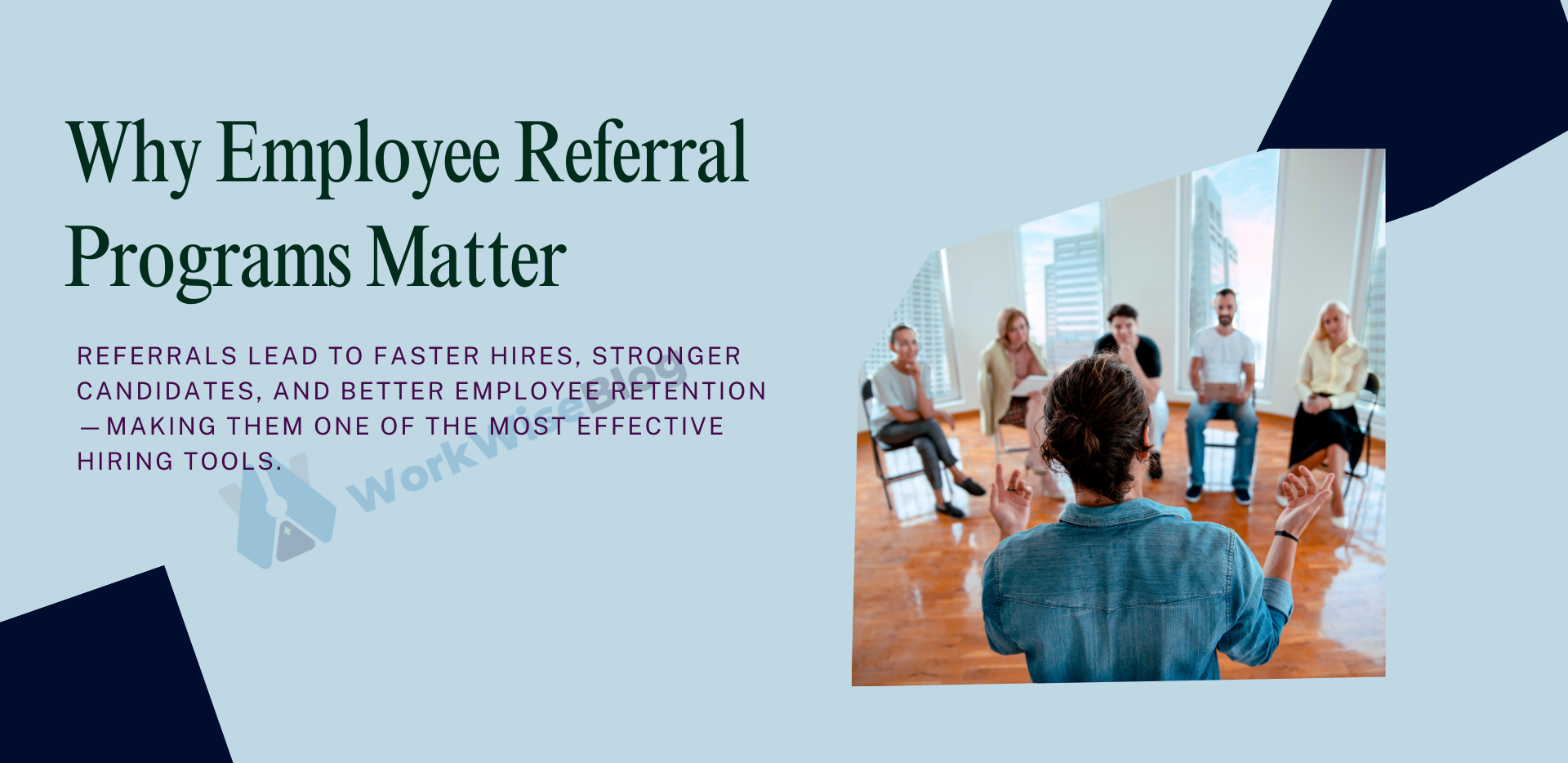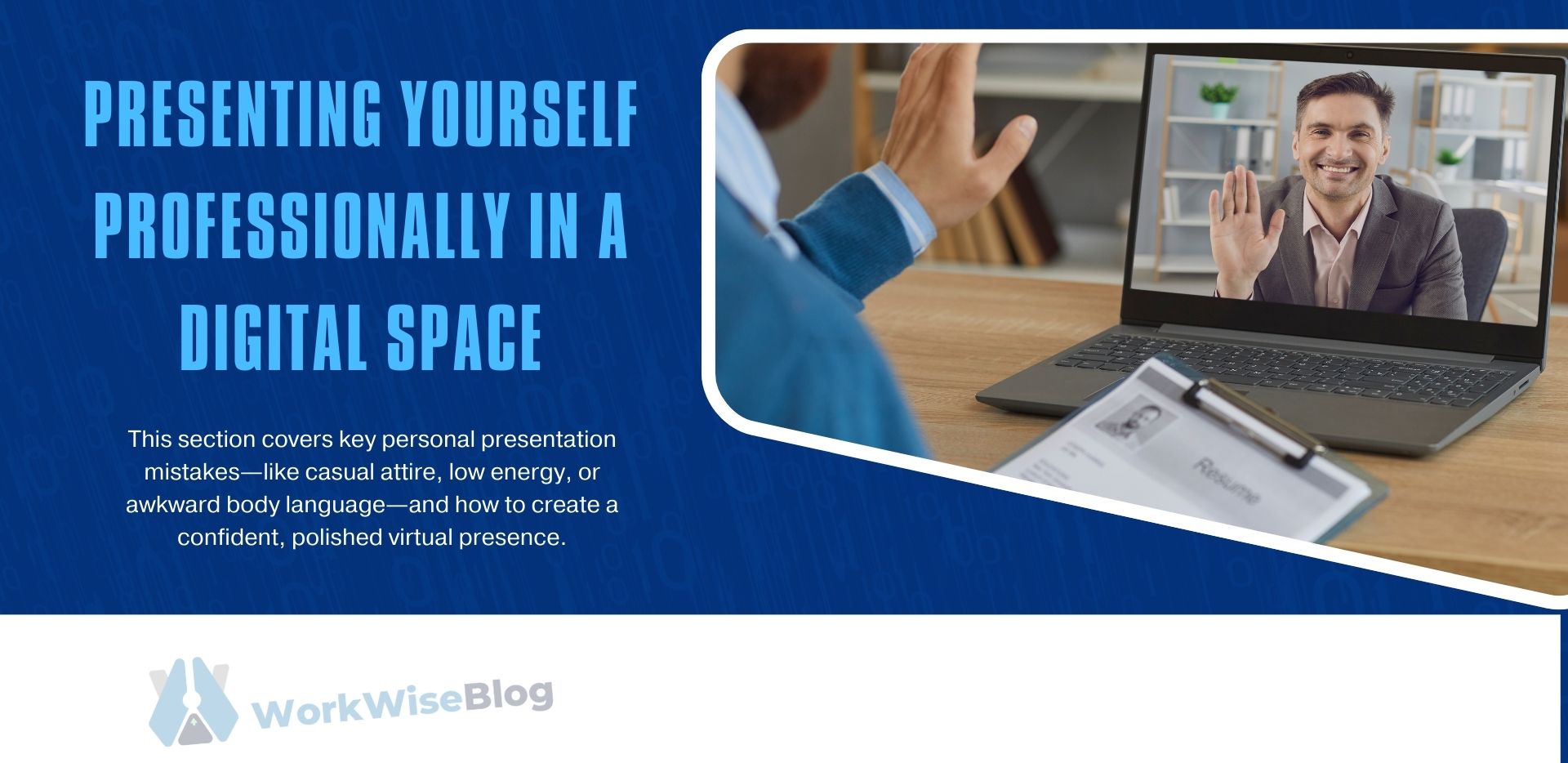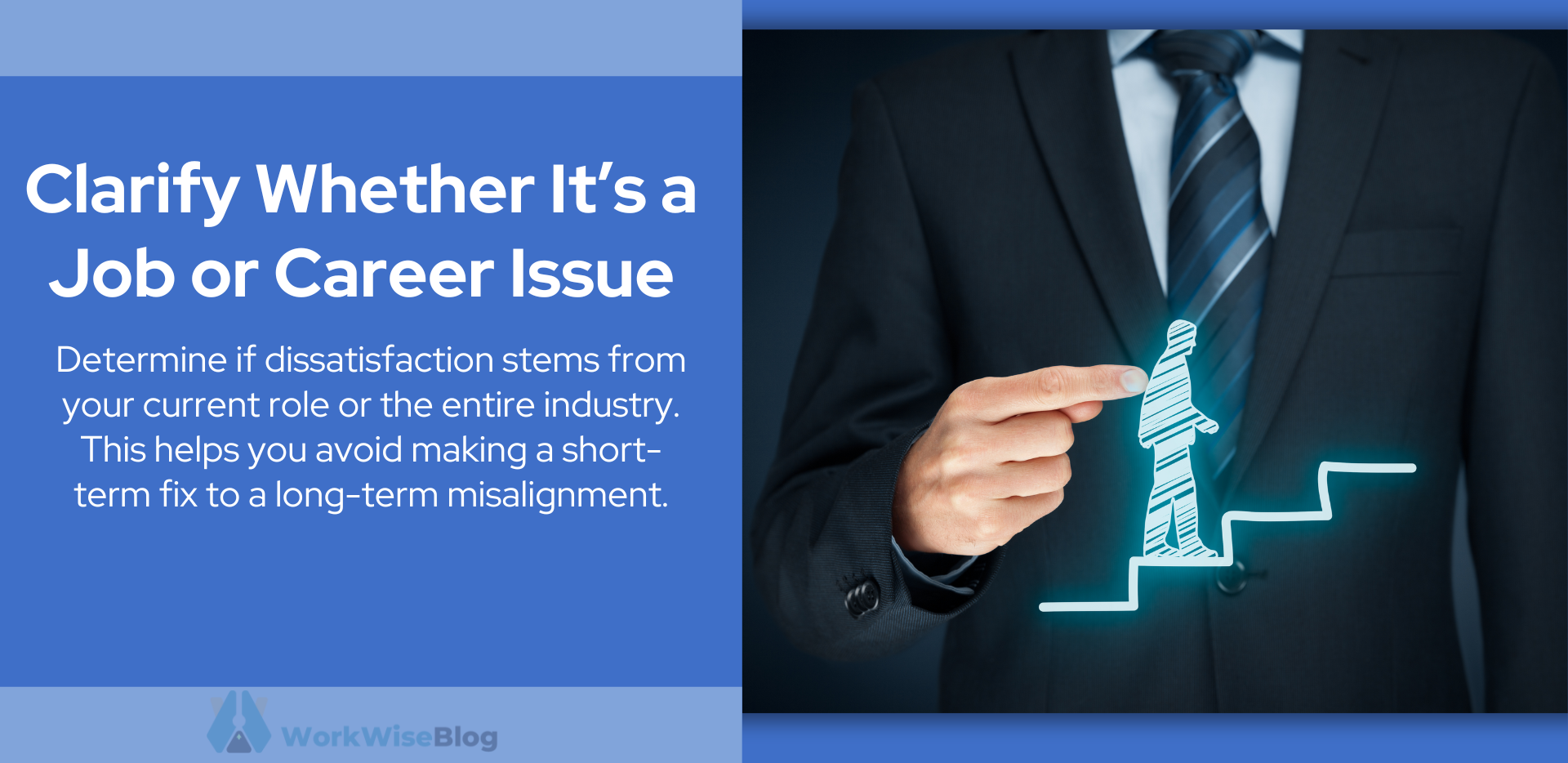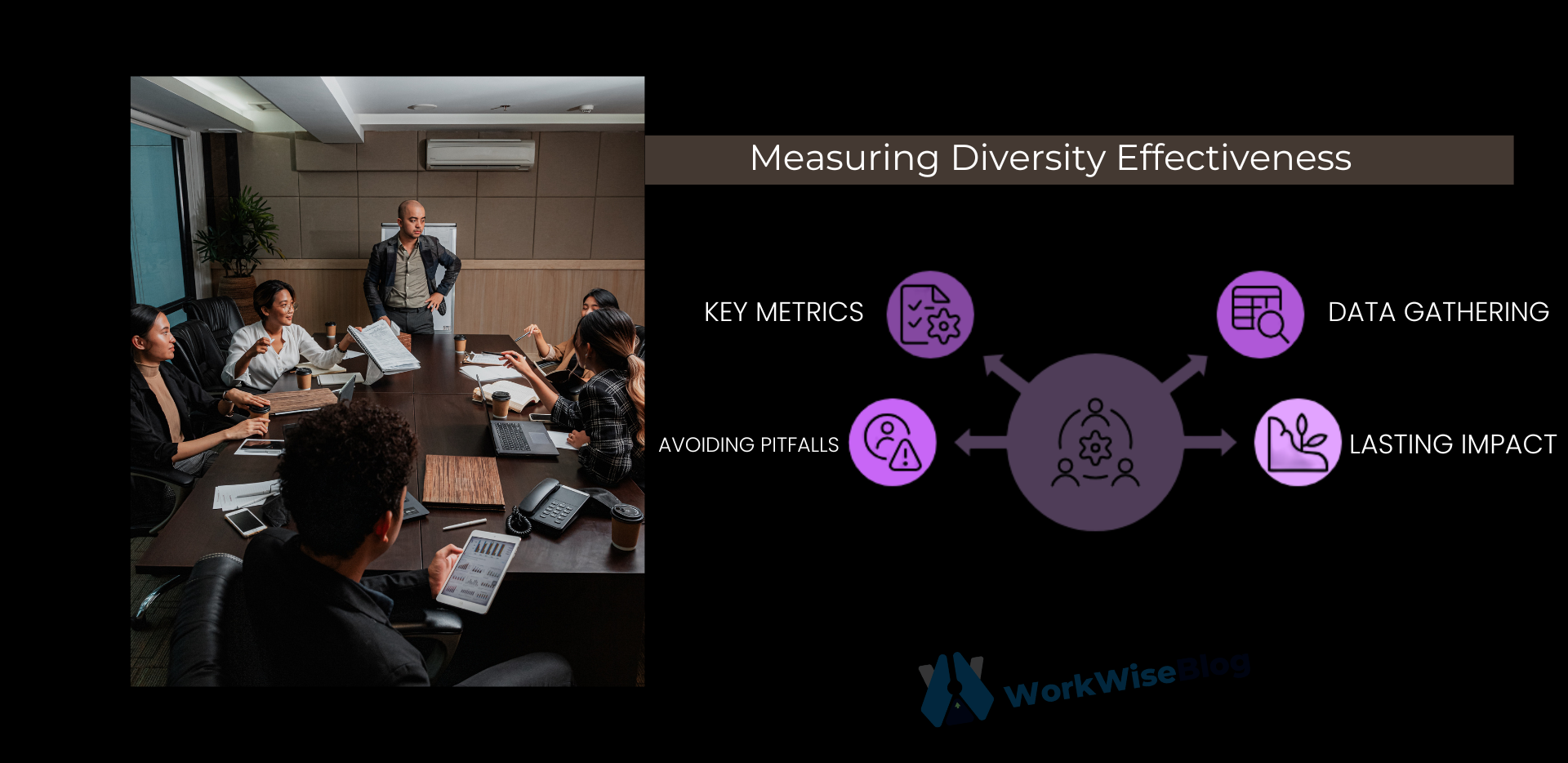
Why Traditional Career Counseling Falls Short
Traditional career counseling typically involves a one-size-fits-all approach. Counselors rely on manual assessments, outdated industry data, and limited insights to guide individuals.

Limitations of Traditional Career Counseling:
- Time-consuming assessments.
- Biased advice based on personal experiences.
- Lack of access to real-time job market trends.
With the rise in AI, this counseling for the career was taken to be personal, data driven, and highly dynamic one could offer an individual tailored pieces of advice towards their long term goals.

What Is AI-Powered Career Counseling?
AI-powered career guidance uses algorithms and data analysis in giving career suggestions to individuals in light of various considerations. Tools consider your skill and personality set, work preference, and up-to-date market trends to propose the most apt career lines one should pursue.
How It Works
- Data Collection: AI tools collect data through quizzes, assessments, and even resume scans.
- Analysis: The AI analyzes your strengths, weaknesses, and job preferences.
- Job Matching: It matches the job roles against your profile and delivers the skill gaps to work on based on the analysis.

Key Benefits of AI in Career Counseling
- Personalized Recommendations:
AI tools provide highly personalized career suggestions by analyzing large amounts of data in real-time. - Unbiased Advice:
Unlike human counselors, AI eliminates biases based on gender, age, or personal preferences. - Real-Time Market Insights:
AI tools keep track of job market trends, emerging roles, and in-demand skills, ensuring job seekers stay updated. - Skill Gap Analysis:
AI highlights the skills you need to develop to qualify for your desired roles, making career development more targeted.
- Personalized Recommendations:
Popular AI Tools in Career Counseling
Here are some popular AI-powered career counseling tools that are helping individuals find the right job fit:
1. Pymetrics
How It Works:
Pymetrics uses neuroscience-based games to assess a person’s cognitive and emotional traits. The AI matches users with job roles based on their unique traits, rather than just their resumes.
Key Feature:
Bias-free job matching based on behavioral data.
2. Jobiri
How It Works:
Jobiri is AI-powered career advising where it avails resume building, job matching, and coaching to its customers. It brings real-time personalized job suggestions plus some tips for perfecting one’s resume.
Key Feature:
Jobs are available for real time suggestions based on one’s preference or skills.
3. Eightfold.ai
How It Works:
This site uses artificial intelligence to compare applicants with various job openings considering one’s ability and experience apart from the usual titles.
Key Feature:
Predictive career path recommendations based on your career trajectory.
4. LinkedIn's Career Explorer
How It Works:
The LinkedIn’s Career Explorer tool uses AI for analyzing the user’s profile by monitoring his set skills, network, and job market data.
Key Feature:
Skill gap analysis and personalized job recommendations.
1. Hidden Talents Identification
AI tools are able to point out transferable skills that may not be immediately apparent to the individual. Perhaps you have years of experience working in customer service, but through AI, opportunities in sales and account management arise due to strong communication and problem-solving skills.
Example:
An educator who desires a change could find suitable openings in corporate training or instructional design through AI suggestion.
2. Matching Skills with In-Demand Roles
The AI tools scan millions of job postings to find relevant roles you can apply to based on your skill set. They also pinpoint trending job titles that you would not have come across otherwise, giving you a competitive edge.
Example:
If you have experience in project management currently in hot demand, an AI tool will give you suggestions in agile coaching or product ownership.
3. Eliminating Bias in Career Counseling
Traditional career counseling may be influenced by unconscious biases. AI-powered tools, however, provide objective recommendations based on data, ensuring a fair and inclusive process.
Example:
AI tools won’t discount a candidate for a career change based on their age or past job titles but will instead focus on their skills and potential.
4. Providing Real-Time Job Market Insights
AI tools continuously monitor the job market and provide insights into industry trends, salary benchmarks, and in-demand skills. This helps job seekers stay informed and make data-driven career decisions.
Example:
If a particular industry is experiencing a decline, AI tools might suggest alternative career paths based on your existing skills.
AI in Action: A Real-World Example
Let’s say Maria, a marketing professional, is looking to switch careers but isn’t sure where to start. She uses an AI career counseling tool to analyze her skills and interests. The tool identifies that Maria’s skills in communication, data analysis, and project management align well with roles in digital transformation or product management.
The tool also highlights that Maria needs to upskill in agile methodologies to increase her chances of landing these roles. It suggests online courses to help her bridge the gap and provides a list of companies hiring for similar roles.
How to Use AI for Career Counseling
Here’s how you can leverage AI to find your perfect job fit:
- Choose the Right Tool:
Use these tools to find out your relative strengths and weaknesses by taking quizzes or assessments offered by them. - Analyzing the Recommendations:
Read the suggested jobs and skill gaps for a precise job search plan. - Upskilling Based on Feedback:
Prioritize the skill-building areas according to the analysis provided by the AI tools. - Apply for Roles Strategically:
Use the job matching features to apply for roles that align with your skills and career goals.
- Choose the Right Tool:
The Future of AI in Career Counseling
By the end of the century, AI will only become more precise and personalized in providing insights for job seekers by analyzing data. More advanced tools will even predict long-term career success and the steps to take to effect the necessary change.
In the future, AI tools may even help candidates prepare for job interviews by analyzing their responses and providing real-time feedback on their communication style and content.
Common Mistakes to Avoid
- Relying Solely on AI:
While AI can provide valuable insights, human judgment and personalized advice from mentors are still essential. - Ignoring Skill Gaps:
If AI tools highlight areas for improvement, take them seriously and work on closing those gaps. - Not Updating Your Profile:
Keep your AI tool profiles updated with your latest skills, experience, and certifications to get the most accurate recommendations.
Final Thoughts:
The way one makes career discoveries as well as pursuing various job opportunities is revolutionized by AI-powered career counseling. Therefore, AI tools can help individuals find the right job fit and have an edge in a competitive job market through offering personalized, unbiased, as well as data-driven insights.
Ready to future-proof your career? Start by exploring AI career counseling tools today and take the first step toward finding your ideal role.

